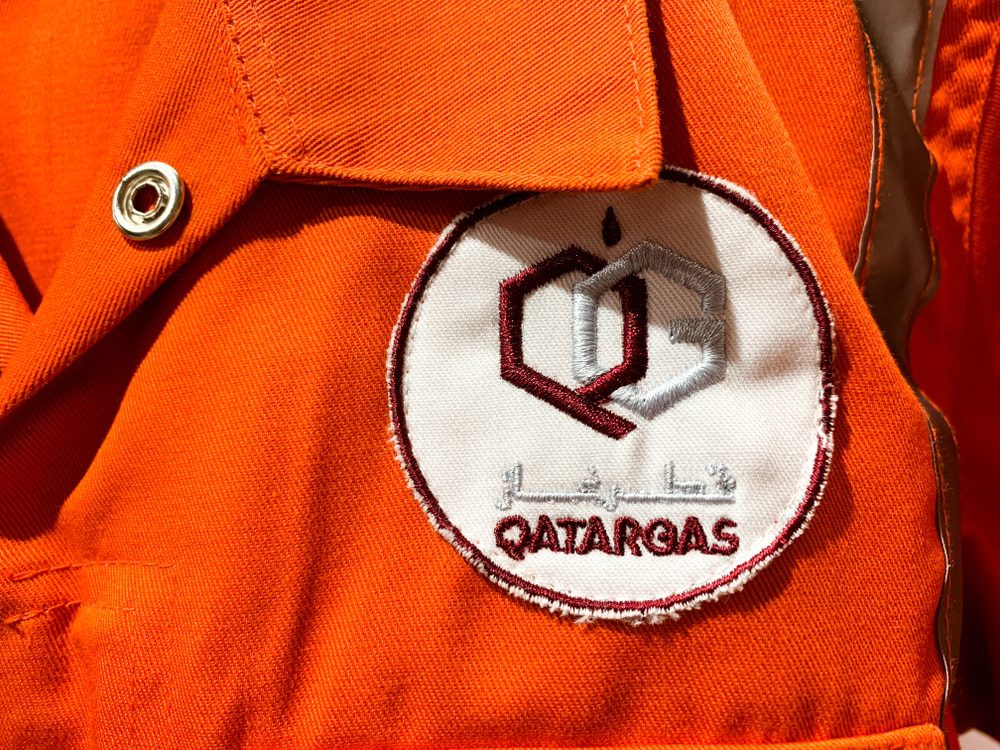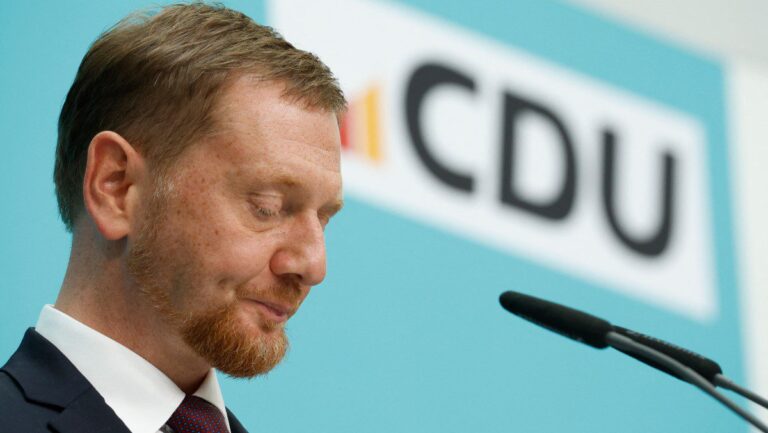As previously reported by The European Conservative, Germany hopes to reduce its dependence on Russian gas by striking a deal with Qatar. Germany’s Vice Chancellor and Economics Minister Robert Habeck (Greens) announced that it was “firmly agreed to enter into a long-term energy partnership, a cooperation.” But now his negotiating partner from Qatar, Energy Minister Saad al-Kaabi dismissed this notion in an interview with the Frankfurter Allgemeine Zeitung. Asked if a deal as announced by Habeck existed already, al-Kaabi briefly replied, “No.”
Instead, Qatar’s energy minister described the situation as a “U-turn” by the German government. The originally planned liquefied natural gas (LNG) terminals in Brunsbüttel and Wilhelmshaven, which are essential for imports from Qatar, have long been opposed by NGOs close to Germany’s Green Party as not in line with the “Energiewende”, the attempt to rebuild its economy based solely on renewable energy sources, excluding nuclear energy.
But with the escalation of the conflict with Russia, “the [German] government made the decision to actually invest in terminals and build the infrastructure,” al-Kaabi said. “The tide has completely turned, and the government is now promoting LNG coming into the country.” The next step would be, according to al-Kaabi, “talks among businessmen” since “this is a commercial agreement between commercial entities.”
While Robert Habeck vowed to rush the completion of the LNG terminals, which was scheduled to take five years, in a year and a half, al-Kaabi says Qatari gas is anyway tied up in existing supply contracts until 2026. The Qatari minister does not see a short-term replacement for gas from Russia, saying: “No one can do it alone. Saying that you can do without Russia today and claiming that Qatar or others can replace it is ridiculous. It is nonsense. It’s not going to happen.”
The Qatari minister stressed that investment in LNG infrastructure has been postponed for far too long, even though he warned against it for years. Taking a jab at the energy transition favored by the Greens, he emphasized, “The sun doesn’t always shine,” only to add “it might in Qatar.”
In a plenary session during the Doha Forum on March 26th, al-Kaabi went even further, sharing his view on a potential timeline for Europe and the responsibilities of European governments:
As far as today is concerned, the majority of our volume is already destined to certain markets, including Europe …. We’ve committed as Qatar, that during this situation with Ukraine we’re not going to divert away from Europe, even though we have the contractual right to do that. That volume [destined for Europe] is quite small in comparison to the needs …. But immediately I don’t think we can help, and nobody can replace [that volume of gas]. I’ve said this very clearly: the volume we’re talking about, 30-40% of gas from Russia coming to Europe, is not something that can be replaced overnight, it needs time. But it also needs international companies, such as Total, Shell and Exxon, [and it needs] European governments to be a promoter of oil and gas companies investing, not demonizing oil and gas companies, as has been the case the last few years.





